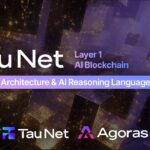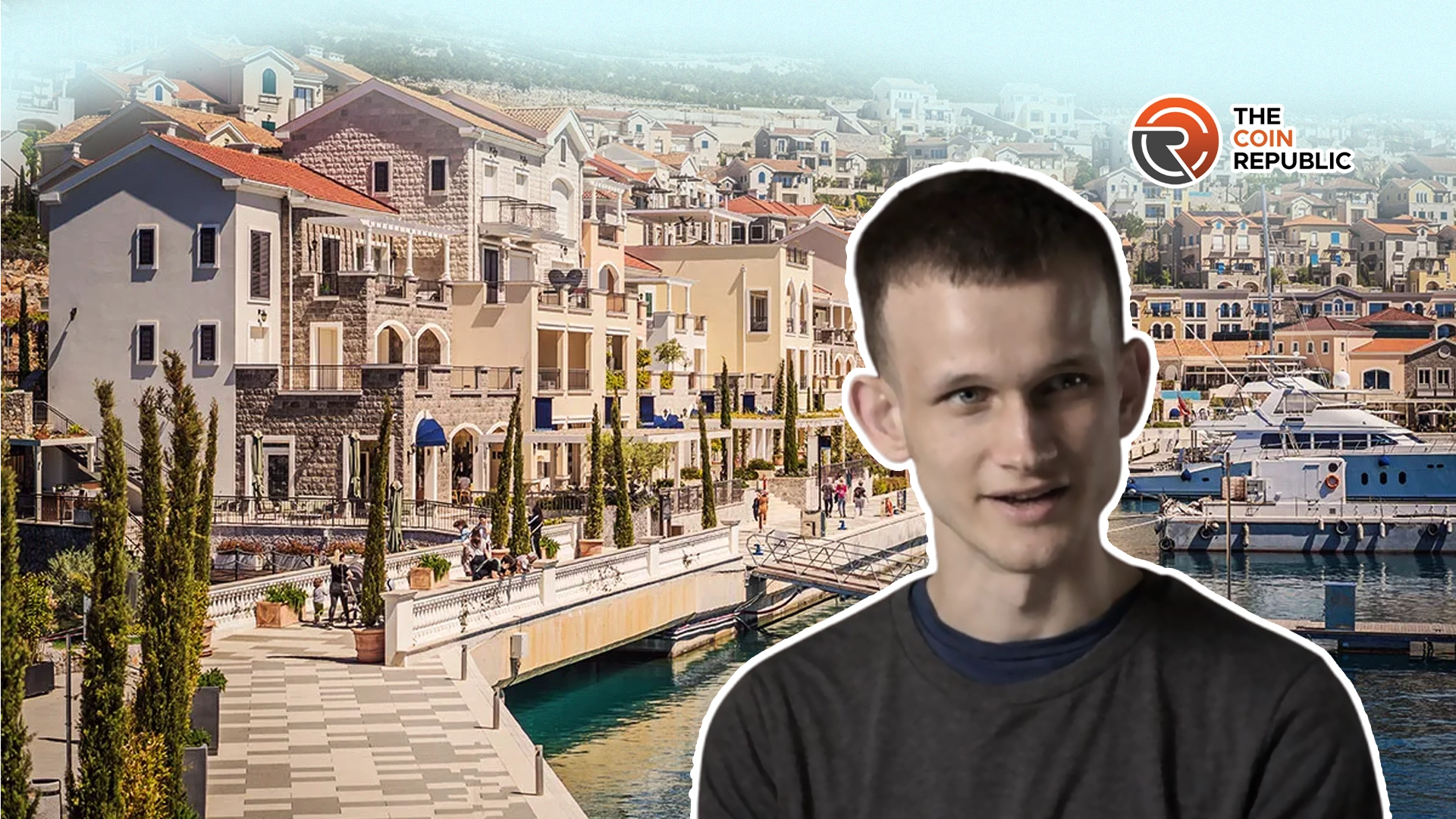Speaking at the event, Ethereum (ETH) co-founder Vitalik Buterin pointed out two main issues that hinder the success of the “popup city” experiment: governance and membership.
At the Network State Conference in Singapore, Buterin presented the idea of so-called network states, which are physical states managed by online communities. The 60-day Zuzalu project in Montenegro showed useful findings, but many questions remained open.
Vitalik Buterin Reveals Governance Gaps in Zuzalu Project
To create a temporary utopia, the Zuzalu project invited 200 participants, including Ethereum fans, biotech businesspeople, and scientists. The purpose was thus to examine how different populations can work together to meet challenges that affect everyone, such as life expectancy.
However, Buterin pointed out that no solution was provided for the existing governance problems, meaning the fate of such communities was unknown. The participants also practiced healthy activities such as yoga and cold plunges, stressing the value of people’s communication.
However, as much as the community was doing well socially, issues related to the possibility of workable governance remained a mystery. Buterin stressed that regulation is crucial for the people, not against them, and Zuzalu could not fully address this issue.
Vitalik Buterin also pointed out that while the Zuzalu experiment encouraged community, a roadmap for approaching governance and a clear framework for what such network states could look like in the long term were needed.
Buterin Identifies Key Membership Challenges
Besides governance, Buterin mentioned that membership models raise a critical issue for network states. The Zuzalu project failed to explain how or who will decide and maintain the boundaries for such communities.
Per Buterin, while people liked the experience, it is important to set guidelines for membership for subsequent projects.
According to Buterin, the membership problem is the most critical challenge facing network states in the future. With a clear system, these communities don’t have to degenerate into exclusive or ineffective communities that cannot grow and succeed.
He also pointed out that tribalism evident on social media can be a setback if not managed in these new societies. In Buterin’s view, network states can only survive with the much-needed cooperation.
Network states, however, are not characterized by zero-sum dynamics and need to create fair and inclusive membership modes. This challenge is still one of the biggest problems hindering the effective use of pop-up cities.
Integration Key to Network State Success
Nevertheless, Buterin still has inspiring hopes for the future of network states and pop-up cities. He also said that these experimental communities ‘have a product market fit.’ Yet more order is needed to tackle governance and membership challenges.
His vision is an architecture of self-organizing communities that are fully autonomous yet associated with other network societies.
Buterin noted that popup cities are a good place to try out concepts of the future; they just need proper structures. He focused on integrating different communities with divergent agendas to formulate sound models. His concepts show how network states must be designed to work efficiently and productively.











